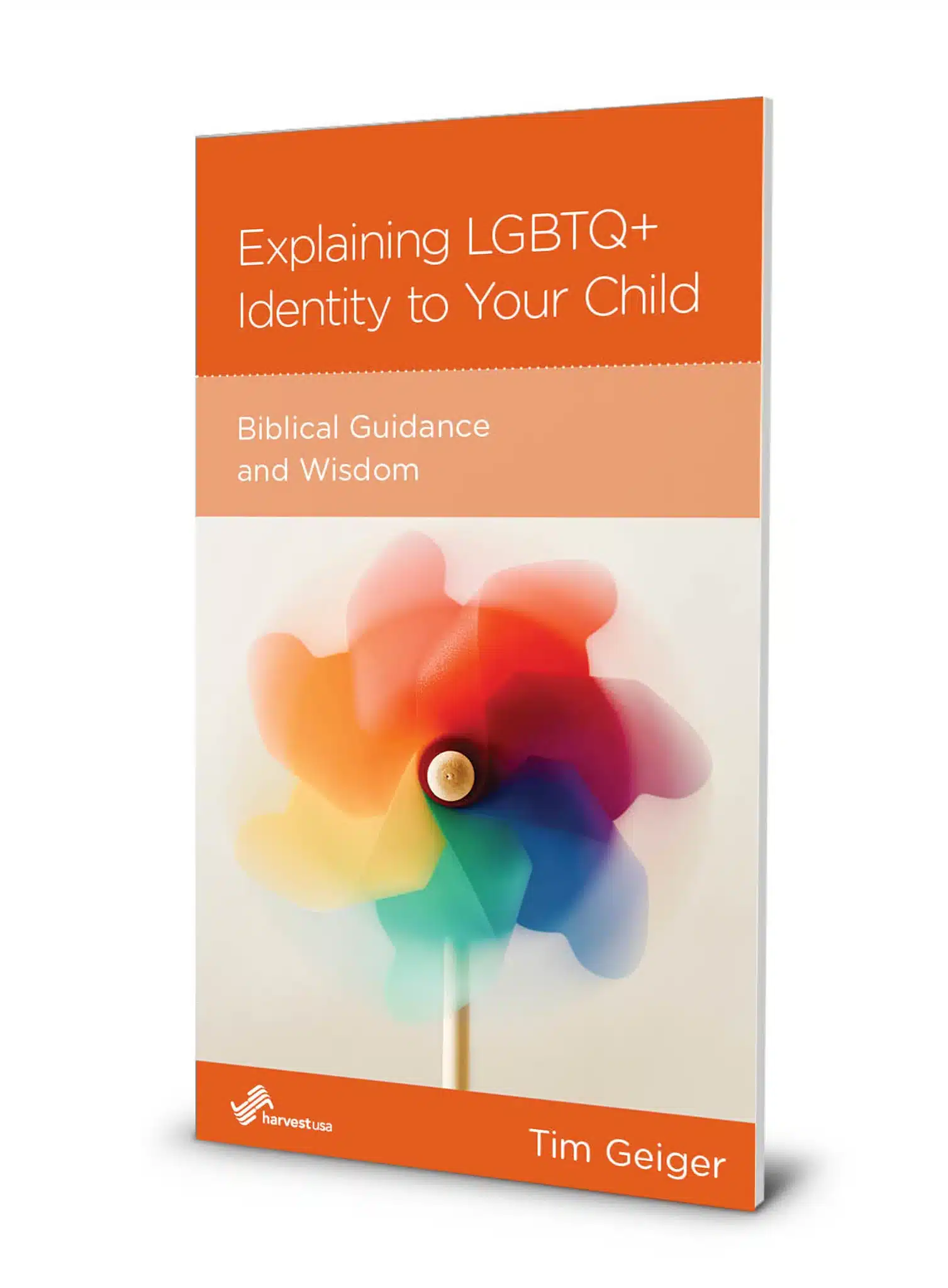Tim Geiger
Tim Geiger




How Can the Church Love Those Who Struggle With Same-Sex Attractions?
The Church needs to acknowledge that all Christians struggle sexually in some way. But it must also recognize, and attend to, those in its midst who struggle with same-sex attraction. While the biblical worldview of sex and sexuality does not embrace gay relationships, that does not mean the Church ignores or mistreats those who try…



What Is a Sexually Faithful Church?
What if the Church were to increasingly be a place where God’s people were equipped proactively to understand his will and design for sex, sexuality, and gender? Where they were discipled to live in submission to God’s design, because they understand something of God’s wisdom and grace in giving them these good gifts? That’s what…


How Do I Explain LGBTQ+ Issues to My Children?
With the culture rapidly changing, more children are describing themselves along the lines of the LGBTQ+ acronym. While there are lots of reasons for why this is happening, Christian parents need to help their children understand sexual and gender identity from a biblical perspective, as well as help them communicate to their peers a Christian…





What Should I Communicate to My Daughter About Sexuality?
It’s so important for us teach young women that sex and sexuality are wonderful aspects of their created nature, but they aren’t ultimate. To learn more from Tim Geiger on this topic, read his blog, “On Being a Woman: A Father’s Words to His Daughter.”





